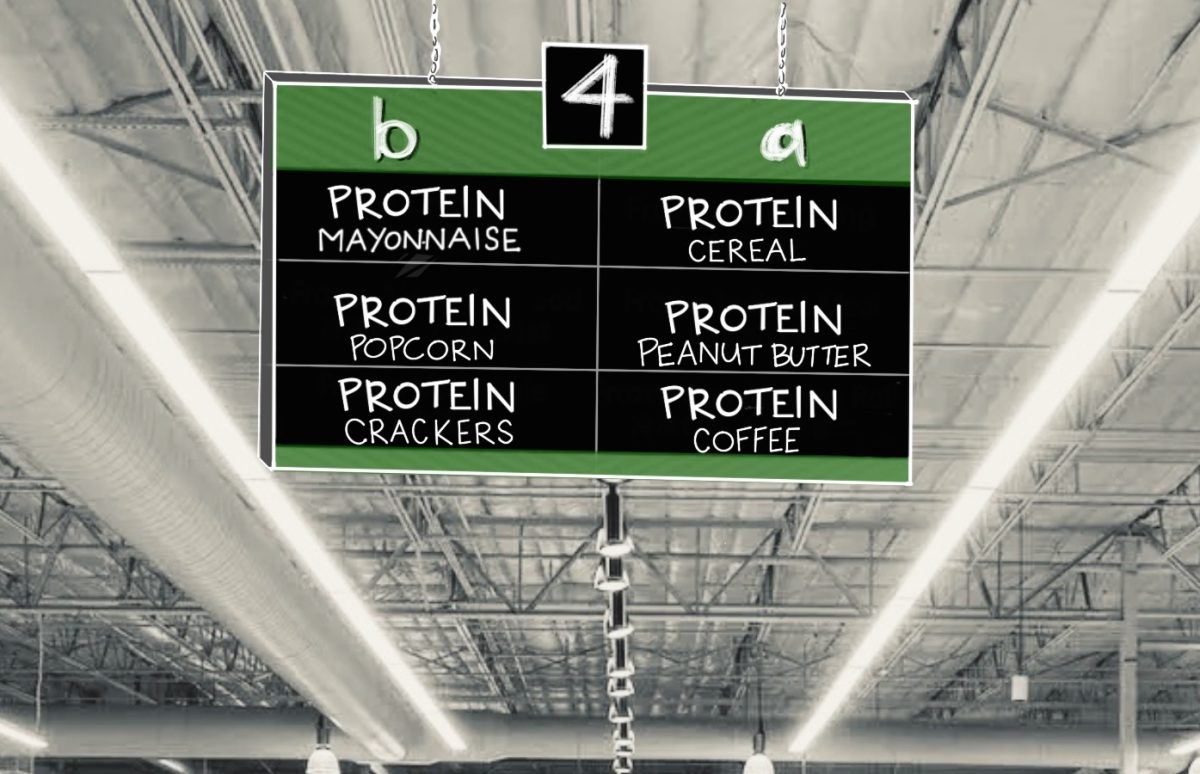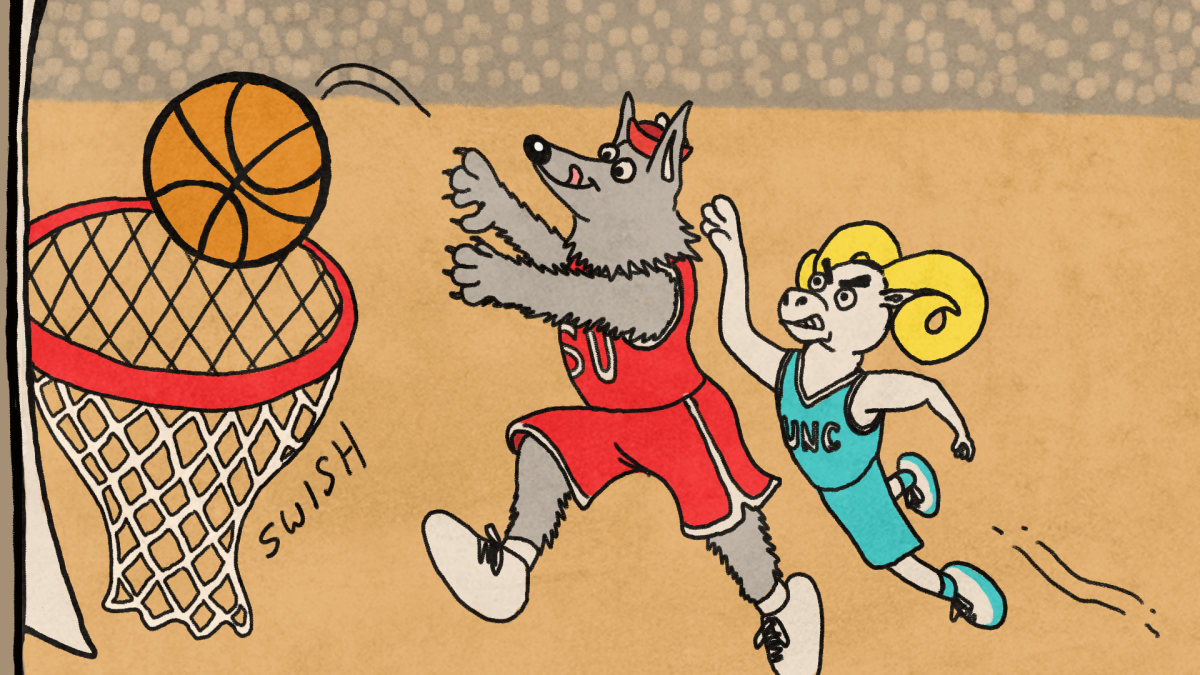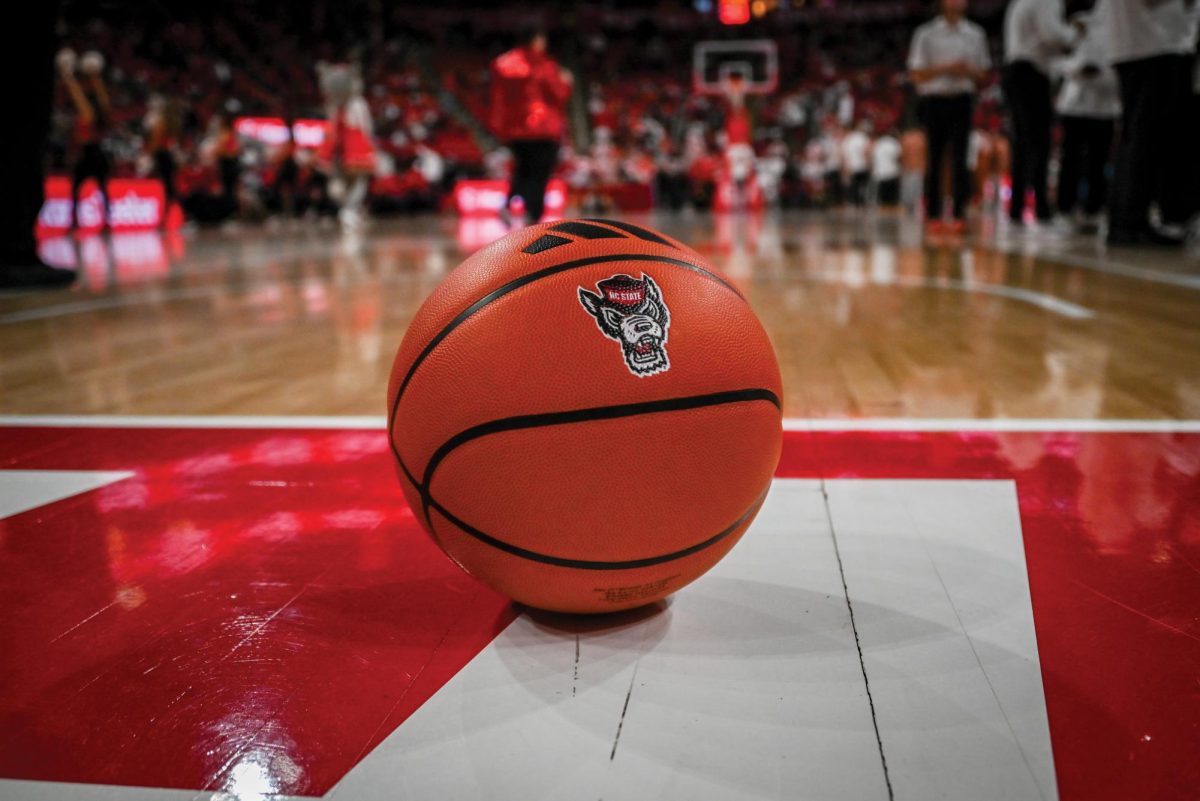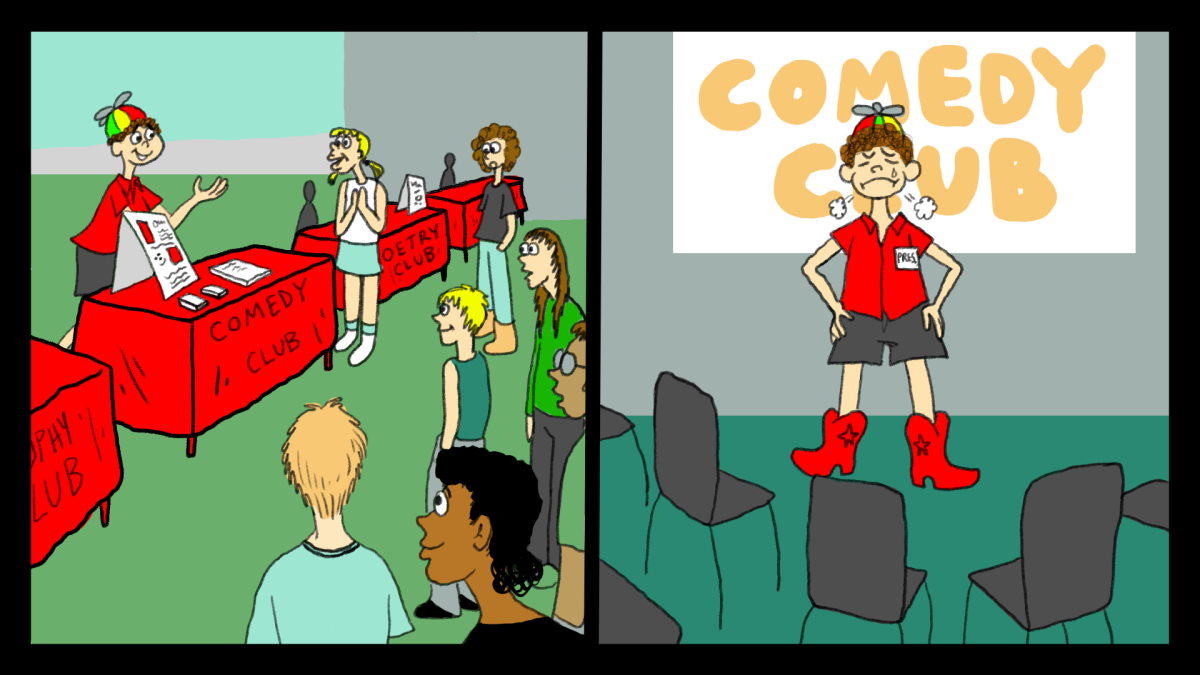Social media runs rampant with fitness influencers and bodybuilders who claim to be nutritional experts, often encouraging viewers to follow a strict, high-protein diet. From breakfast cereal and brownie mix to candy and pasta, nothing is safe from being turned into diet food in today’s protein-obsessed culture.
But truly, does everything we eat need to have protein in it? More importantly, what does this obsession say about our society?
While protein plays a pivotal role in a healthy diet, we’ve lost sight of what balanced, healthy eating truly looks like. An obsession with protein reinforces the harmful idea that your looks, and ultimately your worth, are defined by how you eat.
Abby Neuroh, the Director of Nutrition with Summerfield Custom Wellness, says protein hyperfixation is akin to diet culture trends from previous decades.
“It’s just the perpetuation of, ‘We need to go low-carb, we need to go low-fat,’ that we’ve seen since the 80s and the 90s,” Neuroh said.
Moreover, much of social media’s nutritional misinformation is fueled by the desire for more likes. Influencers seem less concerned about providing research-supported advice and more preoccupied with preying on people’s insecurities for more media attention.
Many people don’t consider how protein is only a small part of the equation. Professional bodybuilders and fitness models train for hours each day, and their diets are often monitored closely by dieticians.
Ryan Swagert, the co-president of NC State’s Nutrition Club, said following the eating patterns of Instagram bodybuilders won’t guarantee you the same results.
“I think a lot of people assume the more protein you eat, the more muscle you’re going to produce, and the better you’re going to look and the thinner you’re going to be,” Swagert said.
More importantly, the glorified bodybuilder physique has numerous repercussions that don’t get talked about on social media.
“If you get to the level of body fat that these influencers are at, their hormones are dysregulated, they’re always hungry, they’re freezing cold,” Swagert said. “They might look good, but they aren’t happy, and they don’t feel good that way.”
Given that looking like a bodybuilder isn’t realistic for the average Joe, it’s not the end of the world if all of your meals don’t have a significant protein source. In fact, most foods have some protein in them anyways.
“Even something like broccoli has protein in it, so you’re going to be getting micro amounts of it with almost everything that you eat,” Neuroh said.
Focusing on one micronutrient isn’t sustainable, and it’s not a reliable method for achieving your fitness goals. From a nutritional standpoint, Neuroh said consuming excessive amounts of protein isn’t always harmful to the body, but it isn’t effective either.
“Having more protein is not going to necessarily be the worst thing in the world, but to say that it’s a necessary thing, as you’re seeing on social media, that’s not true either,” Neuroh said.
There is also potential for nutrient deficiencies when one’s diet lacks balance.
“It’s because we’re not eating enough of our plant substances: those leafy greens, or the non-starchy vegetables, even our whole fruits,” Neuroh said.
Essentially, a sustainable diet includes all macro and micro nutrients — not just protein.
Social media’s preoccupation with protein is another tactic to profit off of people’s insecurities. The worse people feel about their bodies, the more likely they are to buy high-protein foods.
To undo the effects of high-protein diet fads, public health education on realistic eating patterns would be essential. Furthermore, we need to emphasize that a person’s appearance is not a reliable indicator of their health status.
“You can look a lot of different ways and still be healthy and fit,” Swagert said. “The social media portrayal isn’t the standard … If 80 to 90% of the time we’re balancing things out and we’re having our protein, our carbohydrates, our fats, our fruits and our vegetables, all of our micronutrients, we’re doing a great job,” Neuroh said.
Eating a ton of protein isn’t going to make you happier with your appearance, and it isn’t going to make people think more highly of you. No, sandwich bread doesn’t need to have extra protein in it. No, oatmeal doesn’t need protein powder in it.
Instead, focus on eating what makes you feel good — both physically and emotionally. Intuitive eating is easier said than done in a society that’s obsessed with dieting, but it’s better than obsessing over every gram of protein you consume. We need to prioritize balance. We need to place less emphasis on finding perfection and instead encourage self-acceptance.





